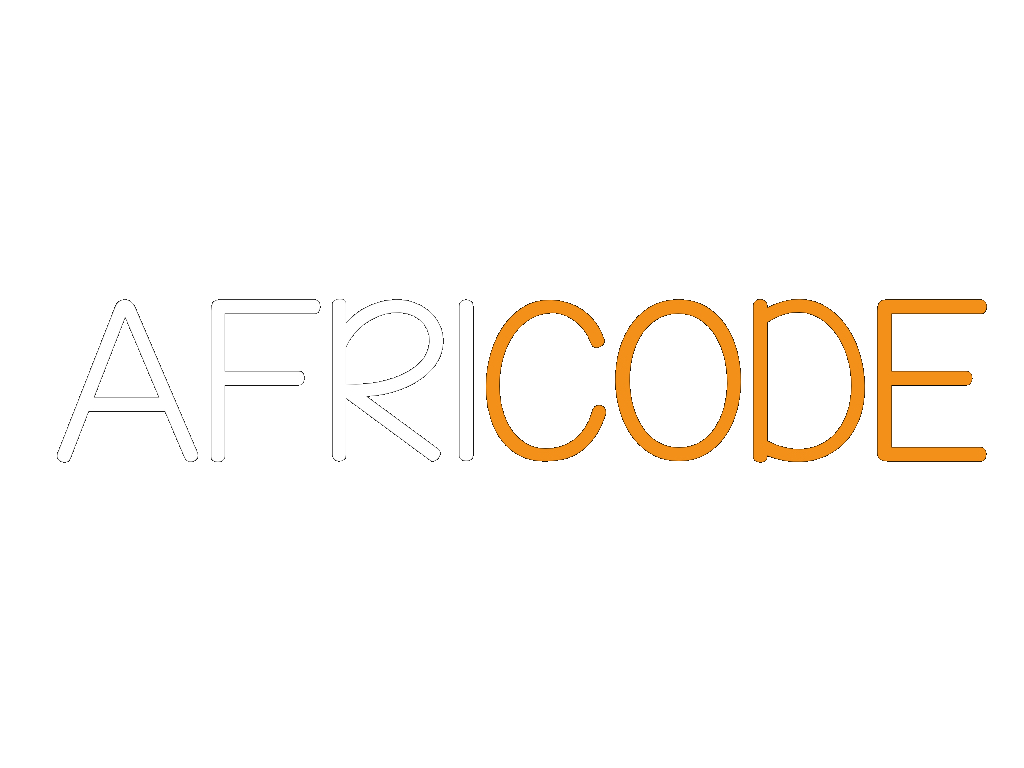It has always been my passion to be a major player and contributor to the advancement of technology in Ghana and Africa at large. But it was in the year 2020; when I got the privilege of owning a laptop; that I made a decision to start making strides towards my tech journey; both hardware and software.
I was eager not to limit myself to the classroom, the assignments and exams alone but rather, to keep up to date with current trends in technology . But as expected, this journey wasn’t easy as it involved learning some new languages and further improving upon the skills obtained. Being an Electrical Engineering student, whose courses aren’t focused on programming or computer science concepts, self-teaching myself was the only option. Fortunately, there were certain platforms that helped greatly with some free content to get me started. But as it were, although I was learning, I just realized I found myself just going around in circles; not really making some tangible and relevant progress; but, giving up was never an option.
Getting towards the latter part of 2021, I was fortunate to see a LinkedIn post about Africode mentorship program. Applying as a mentee to the Africode Mentorship program was one that opened great doors and contributed greatly to a major growth in my Tech journey. Being matched to a great mentor who turned out to be a good friend as well, my dreams of building and improving upon my skills and also finally landing a Software Engineering internship became a reality. The past months of being a mentee yielded amazing results which most probably couldn’t have been achieved by myself.
Even after benefitting so much from Africode’s mentorship program, I was blessed and privileged to be selected as a recipient of the 2022 Stella Odogwu Africode scholarship. Obtaining this opportunity is a great step in the right direction as it is going to help reduce the financial burden on me and help me to keep on building my skills with less stress and worry.
The future of Africa greatly depends on us. The more we desire to learn, build, create and innovate, the more we will be known globally as innovators, problem-solvers and changemakers. It is never an easy task, but we must definitely be the change we want to see and we are fortunate to have non-profit organizations such as Africode to help greatly in that regard.
Finally, I am very teachable and always willing to learn and collaborate with others. I am ever ready to connect with anyone on LinkedIn, where I am most active.
- Written by Jeffrey Asiedu-Brako.
